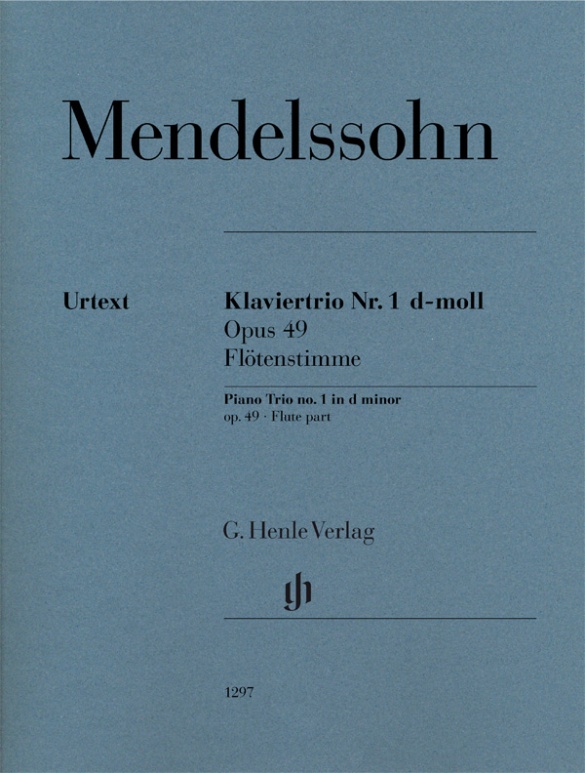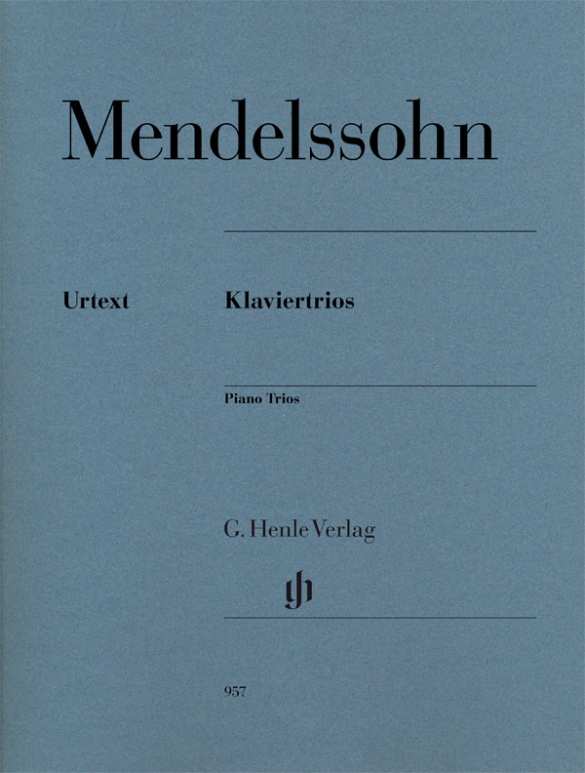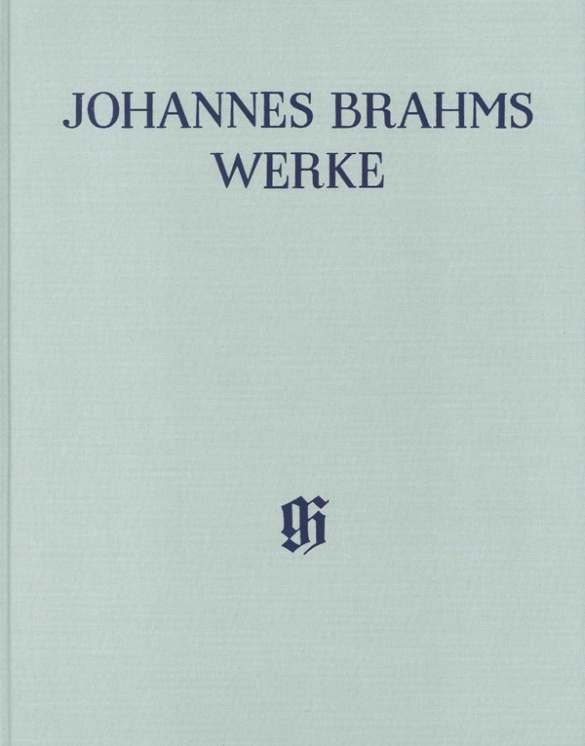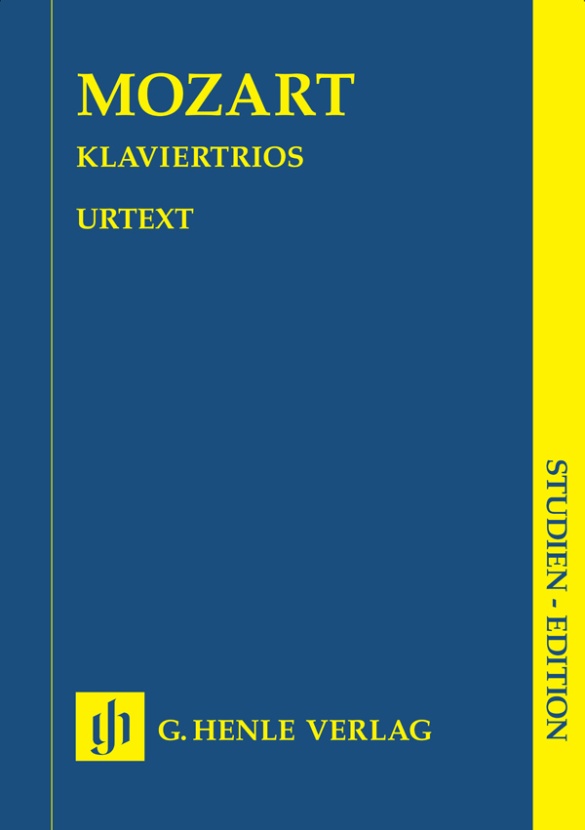Felix Mendelssohn Bartholdy
Piano Trio no. 1 d minor op. 49
Mendelssohn is considered a self-critical composer, who repeatedly reworked a number of his pieces until he deemed them worthy to be published. The path to his first Piano Trio was particularly rocky: only after several attempts was he able to complete it in the summer of 1839; it appeared in1840 after further revisions. This perfectionism paid off, for Mendelssohn’s d minor Trio was immediately received with enthusiasm. Robert Schumann wrote: “It is the master trio of the present day, like those of Beethoven in Bb and D and that of Franz Schubert in Eb were in their time; a very beautiful composition which after years will still delight grandchildren and great-grandchildren.” Which was to prove true: even today, it numbers among the most popular works in the trio repertoire in general. The trio, taken from the volume Mendelssohn · Piano Trios HN 957, is now available from Henle for the first time also as a practical single edition.
内容/詳細
作曲家について
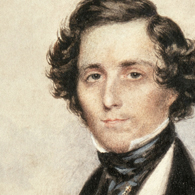
Felix Mendelssohn Bartholdy
A German composer, conductor, pianist, and organist who already numbered among the most important composers in Europe during his lifetime. While still young he found a unique tonal language. Reflected in his oeuvre, which spans all genres, are the contradictory tendencies of the age – Classicism and Romanticism. His endeavors over the course his life to perform the works of Johann Sebastian Bach led to a “rediscovery” of that composer which continues unabated. His intensive engagement with Bach and his counterpoint influenced his own compositional technique.
| 1809 | Born into a wealthy banker’s family in Hamburg on February 3. Escape to Berlin with his parents in 1811. First musical instruction from his mother. |
| 1819 | He becomes a pupil of Carl Friedrich Zelter. |
| 1820 | Joins the Sing-Akademie in Berlin. |
| 1821–23 | Twelve sinfonias for strings. |
| 1825 | String Octet in E-flat major, Op. 20. |
| 1826 | Overture to “A Midsummer Night’s Dream,” Op. 21 |
| 1827 | Begins studies at the University of Berlin. |
| 1829 | Revival of Bach’s St. Matthew Passion in Berlin on March 11 and 21. Travels to England and Scotland. |
| 1829–30 | “Reformation” Symphony in D minor, [Op. 107], with inclusion of the choral “Ein feste Burg“ (A Mighty Fortress Is Our God.) |
| 1830–32 | Extended travels, including to Italy and France. Piano Concerto in G minor, Op. 25; Overture in B minor, Op. 26, “The Hebrides, or Fingal’s Cave” (1829–30). |
| 1833 | Music director in Düsseldorf. “Italian” Symphony in A major, Op. 90 (1830–33). |
| 1835 | Director of the Gewandhaus concerts in Leipzig. |
| 1836 | Premiere in Düsseldorf of his oratorio “St. Paul: Oratorio on Words of the Holy Bible,” Op. 36. |
| 1838-44 | Violin Concerto in E minor, Op. 64. |
| 1840 | Composition of “Hymn of Praise, a Symphony-Cantata on Words of the Holy Bible,” Op. 52. |
| 1841 | Berlin, in the service of the Prussian king. “Variations sérieuses” in D minor, Op. 54, for piano. |
| 1842 | Completion of Symphony No. 3 (“Scottish”) in A minor, Op. 56, with a songlike opening. |
| 1843 | Incidental music to Shakespeare’s “A Midsummer Night’s Dream,” Op. 61. Director of the newly founded Leipzig Conservatory. |
| 1846 | Premiere of his oratorio “Elijah,” Op. 70, in Birmingham. |
| 1847 | String Quartet in F minor, [Op. 80]. Death in Leipzig on November 4. |
校訂者や運指担当者について
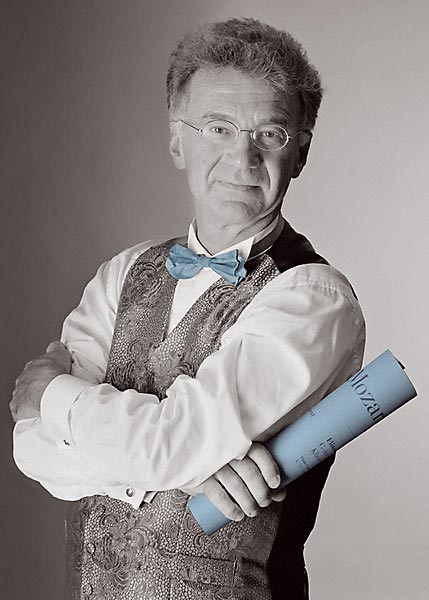
András Adorján (校訂)
András Adorján was born in Budapest, grew up in Denmark and has been living in Munich since 1974. Dentist diploma in Copenhagen 1968. Flute studies with Aurèle Nicolet and Jean-Pierre Rampal. Laureat of international flute competitions and principal flutist of important european orchestras.
From 1987 professor in Cologne, since 1996 in Munich. With more than 100 recordings and as editor of a unique and extensive encyclopedia „Lexikon der Flöte“ he is today one of the most prominent flutists of his generation.
製品安全に関する情報

G. Henle Verlag
製品の製造元に関する情報はこちらでご覧いただけます。G. Henle Verlag
Forstenrieder Allee 122
81476 München
info@henle.de
www.henle.com
Die für Flöte angeglichene Stimme weist Mendelssohn als genialen Bearbeiter und großen Kenner der flötenspezifischen Notwendigkeiten aus. (...) Die Henle-Ausgabe besticht durch ein schönes Notenbild und gute Wendestellen, Bogensetzung, Artikulation und dynamische Bezeichnungen entsprechen denen der Violinstimme. Die Einzelstimme kann mit der revidierten Edition des Trios HN 957 verwendet werden.
Tibia, 2017おすすめ
autogenerated_cross_selling
このタイトルを含む他の版


